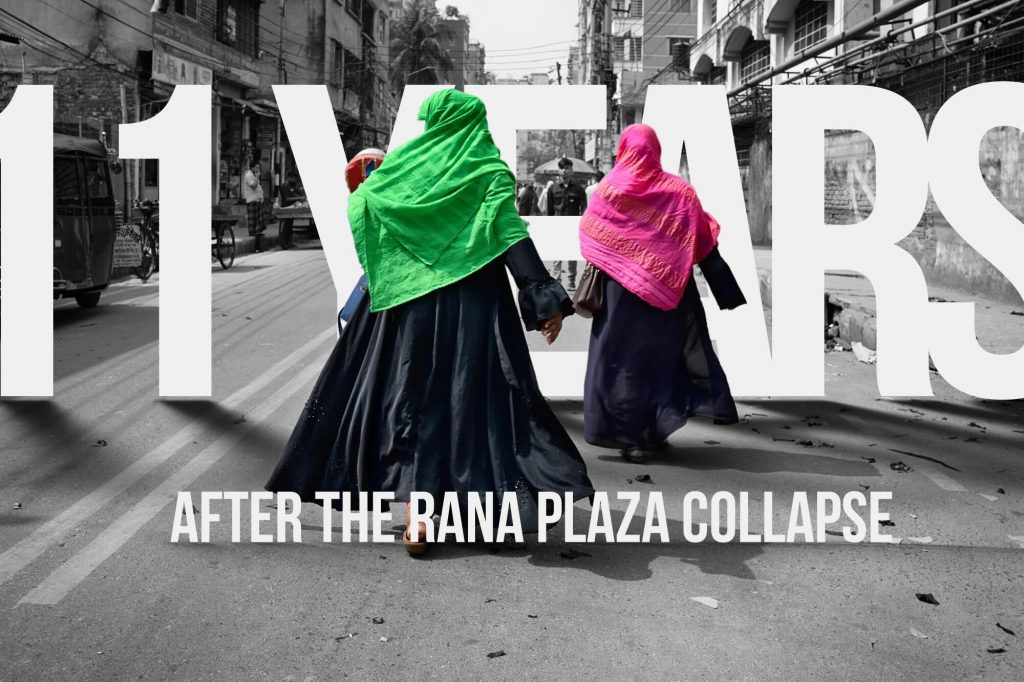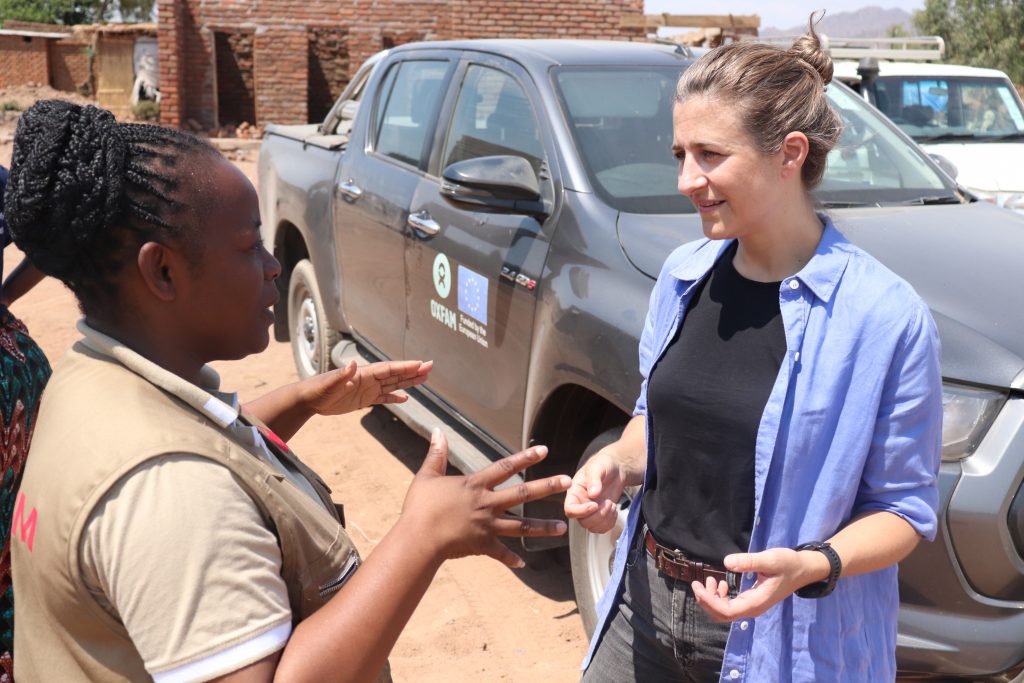Palestinian refugees from Syria: A story of perpetual displacement
Bright peeled paint covers humidity stains on the walls. An old bed has been pushed into a corner. Thin mattresses are strewn on the floor. Clothes hang on a lonely peg. It’s not even mid-day, and the air is already heavy and hot.
Ibrahim, 43, his wife Afaf, 37 and their 14 year-old son Abd have been living in one of the classrooms in a disused kindergarten in the UN-run Palestinian refugee camp of Burj Barajneh, in the suburb of Beirut, since they arrived from Syria nearly two years ago.
Ibrahim hails from a long line of displaced Palestinians. His family is from Nablus. Some of his uncles settled in Europe, while his parents found refuge in Syria decades ago. “I was born in Yarmouk. This is where home is,” says the plump man, his curly hair covering his sweaty forehead.
Though Yarmouk is described as a Palestinian camp on the outskirts of Damascus, it has evolved over the years into a city with built-up houses and shops. Through the conflict in Syria, many of its streets have now been turned into rubble. Large numbers of families have fled while others survive on scant humanitarian aid.
‘I will rebuild it stone by stone with my own hands’
“I was king in my house. Now I barely survive here in Lebanon with no source of income, and no hope,” adds Ibrahim. Palestinian refugees from Syria face severe restrictions in neighbouring countries. In Lebanon, they can’t legally work, have limited access to healthcare outside the existing Palestinian camps, and rely on aid to survive. ‘To add to my misery, my wife’s purse was stolen during our escape to Lebanon and I lost all my identification papers’, he explains.
Out of despair, the family sent an asylum request to the Australian government. “We were told that there was no embassy here. So we just mailed our forms through the post for 8,000 Lebanese Pounds (USD $5),” explains Afaf. Ever since, she waits and wonders why “Australia has not sent for us yet.” Afaf is not even sure that the papers made it to Australia.
“If things don’t change soon, I will send Abd by boat to his aunt in Denmark!” says Ibrahim angrily. The teenager chooses to ignore his father’s desperate weariness, and continues to play video games on his phone, while his mother’s worried gaze shifts from father to son.
Ibrahim knows that he can’t afford the smugglers fees and that his wife will never let her only child out of her sight. He casts his eyes, throws a glance at the plate of olives set up for breakfast on the floor, and says: “When it’s safe I will go back to Yarmouk, and if my house has been destroyed, I will rebuild it stone by stone with my own hands.”

